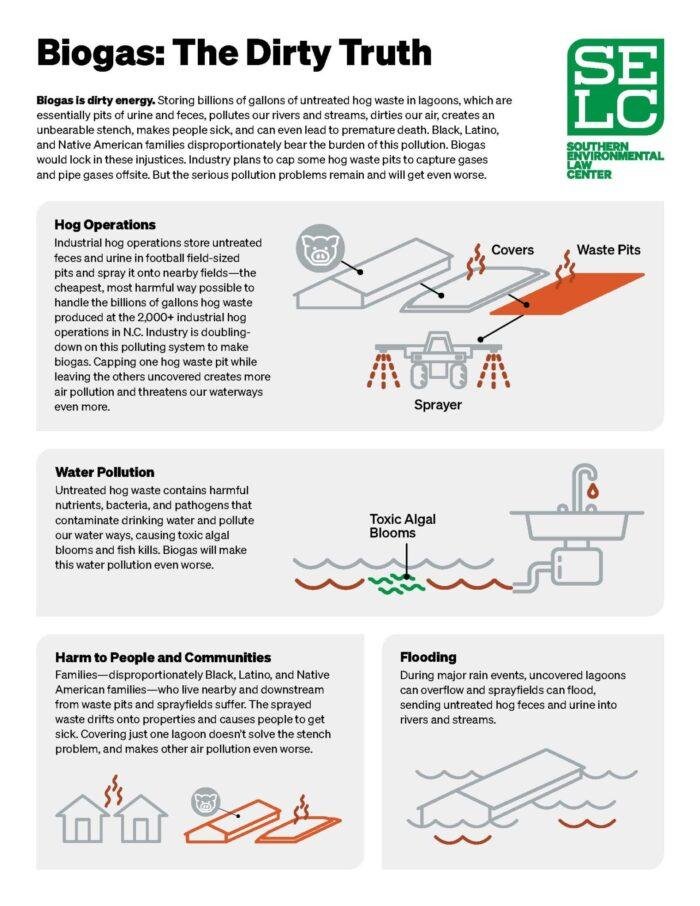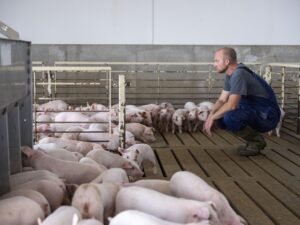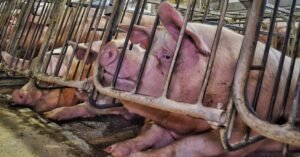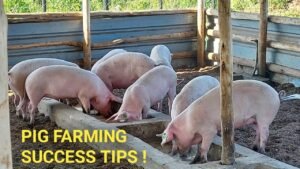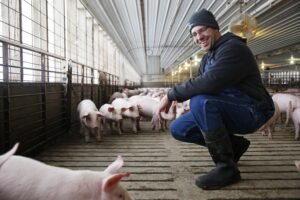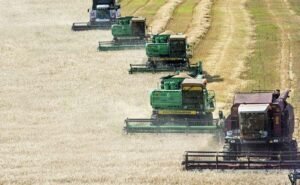Pork Industry Champions Steady Waters Definition Amid Regulatory Turbulence
Across America’s heartland, pork producers face mounting pressure from shifting environmental regulations. The National Pork Producers Council (NPPC) has taken assertive steps toward securing reasonable interpretations of the Clean Water Act that shield agricultural operations from excessive governmental reach. Their advocacy unfolds against a backdrop of legal contests and administrative adjustments that could profoundly impact farming livelihoods.
Navigating Regulatory Currents
The NPPC recently submitted substantive testimony urging the Environmental Protection Agency to revise its approach to Waters of the United States (WOTUS) definitions. Producers express particular concern over language they view as excessively broad. Current interpretations might sweep ordinary farm ditches, seasonal water paths, and temporary wetlands under federal jurisdiction, creating profound uncertainty for agricultural operators.
The Council argues for definitional clarity that respects the authentic boundaries of federal authority. Like trying to nail jelly to a wall, producers struggle with regulatory frameworks that constantly morph and expand. Their position echoes a fundamental concern: “Pork producers need a WOTUS definition that brings clarity and consistency, not uncertainty and federal overreach”. This stance emerges not from environmental indifference but practical operational reality.
Millions of farmland acres hang in potential jeopardy should current interpretations persist. The threat materializes not merely as direct regulatory burdens but through increased vulnerability to activist litigation targeting standard farming practices. These consequences stretch beyond paperwork inconvenience into existential business threats.
Supreme Implications for Agriculture
The advocacy extends beyond administrative channels into judicial arenas. NPPC representatives presented arguments before the Supreme Court challenging problematic Clean Water Act permit language. At issue stands vague compliance requirements that potentially expose producers to expensive legal challenges despite good-faith regulatory adherence.
Livestock operators managing substantial operations particularly rely on achievable, well-defined standards. The current regulatory framework’s ambiguity creates vulnerability to activist groups who occasionally leverage legal mechanisms to pressure agricultural businesses. This dynamic illustrates how environmental policy transcends simple conservation objectives and becomes entangled with broader questions of rural economic sustainability.
The stakes assume dramatic proportions with potential daily fines surpassing $60,000 for violations. A negative judicial outcome could unleash a wave of disruptive legal actions against pork producers, jeopardizing operational continuity and dramatically elevating production expenses. While courts deliberate definitional boundaries, farmers continue daily production activities beneath this cloud of regulatory uncertainty.
Environmental Stewardship Reality
Despite portrayal by some advocacy groups as environmental villains, America’s pork producers maintain solid environmental commitments. They implement various waste management solutions including settling basins, constructed wetlands, vegetative filtering systems, and nutrient recycling through soil fertilization. These efforts reflect their understanding that environmental stewardship constitutes a prerequisite for long-term industry viability.
Pork producers don’t take environmental responsibilities lightly. University agriculture departments actively research innovative waste management approaches while producers themselves invest in technological improvements that address community concerns while enhancing operational efficiency. These investments demonstrate the industry’s pragmatic recognition that sustainability requires balancing economic viability with ecological responsibility.
Industry Under Pressure
The regulatory landscape forms just one dimension of pressure facing pork producers. Some environmental organizations, including Robert Kennedy’s Water Keeper Alliance, have initiated legal campaigns targeting large-scale operations. Whether these actions stem from genuine environmental concern or financial motivation remains a point of contentious debate within agricultural communities.
Meanwhile, the industry prepares for its annual World Pork Expo scheduled for June 4–5 in Des Moines, where regulatory challenges will undoubtedly feature prominently in discussions. This gathering offers producers an informal forum to share strategies for navigating regulatory complexity while maintaining productive operations.
For America’s pork industry, the water regulatory question transcends mere policy debate—it strikes at the heart of rural livelihoods and food production capacity. Their advocacy seeks balanced approaches that protect genuine environmental interests while preserving agricultural viability. The resolution of these definitional questions will shape not just the contours of environmental protection but the future landscape of American pork production itself.

